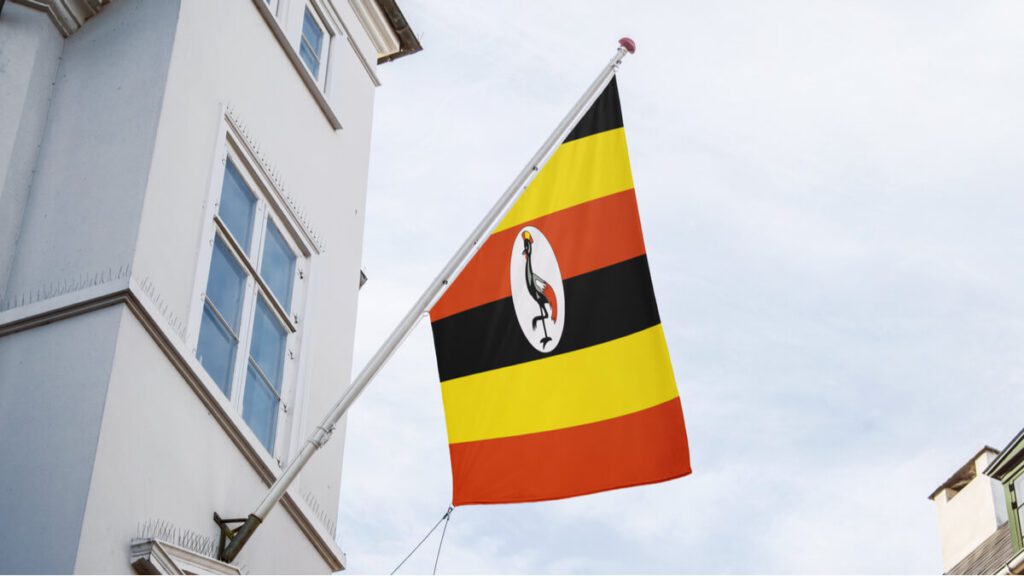
Uganda has lifted its blanket ban on internet access on Tuesday following a heated presidential election that saw the country’s long-time president Yoweri Museveni declared the winner.
However, many have reported that certain social media platforms such as Facebook and Twitter are yet to be restored, with access to them only attained via Virtual Private Networks (VPNs).
According to U.S.-based telecom intel research firm TeleGeography, the social media block went live on January 13, when Facebook shut down a number of accounts connected to Museveni’s ruling party, the National Resistance Movement (NRM) party.
Reuters cited an anonymous source from Uganda’s telecoms sector as saying that the government had “made clear” to executives at telecoms firms that the ban was a retaliatory move against Facebook.
Facebook confirmed on January 11, that it blocked a network located in Uganda with apparent links to the country’s communications ministry for posting from fake and duplicate accounts.
The social media ban had major ramifications, since the platforms acted as a bridge linking opposition presidential candidates to their supports, due to local media outlets being state-run and lean in favor of the longstanding incumbent government.
Popular Reggae singer Bobi Wine (otherwise known as Robert Kyagulanyi Ssentamu), who was the frontrunner against Museveni, had mainly relied on Facebook to cover his campaign and press conferences, with state-run media refusing to give him a platform.
While Museveni will resume his tenure as president for a sixth term, allegations of violence, voter suppression, and ballot stuffing have thrown doubts over the legitimacy of the elections, placing it under the limelight of the international community.
Wine’s National Unity Platform (NUP) told the BBC that the elections had been rigged, as the opposition leader claimed to have been held under house arrest since the votes were counted, stating that the army had surrounded his home.
In response, deputy military spokesperson Lt. Col Deo Akiiki told reporters that the military presence aimed at protecting Wine’s security as a presidential candidate.
NUP spokesperson Joel Ssenyonyi told Reuters that the party was gathering evidence of voting irregularities and claimed that its offices had been raided, saying “they [the NRM] don’t want work to continue at our offices because they know that we are putting together evidence to show the world how much of a fraudster Museveni is.”